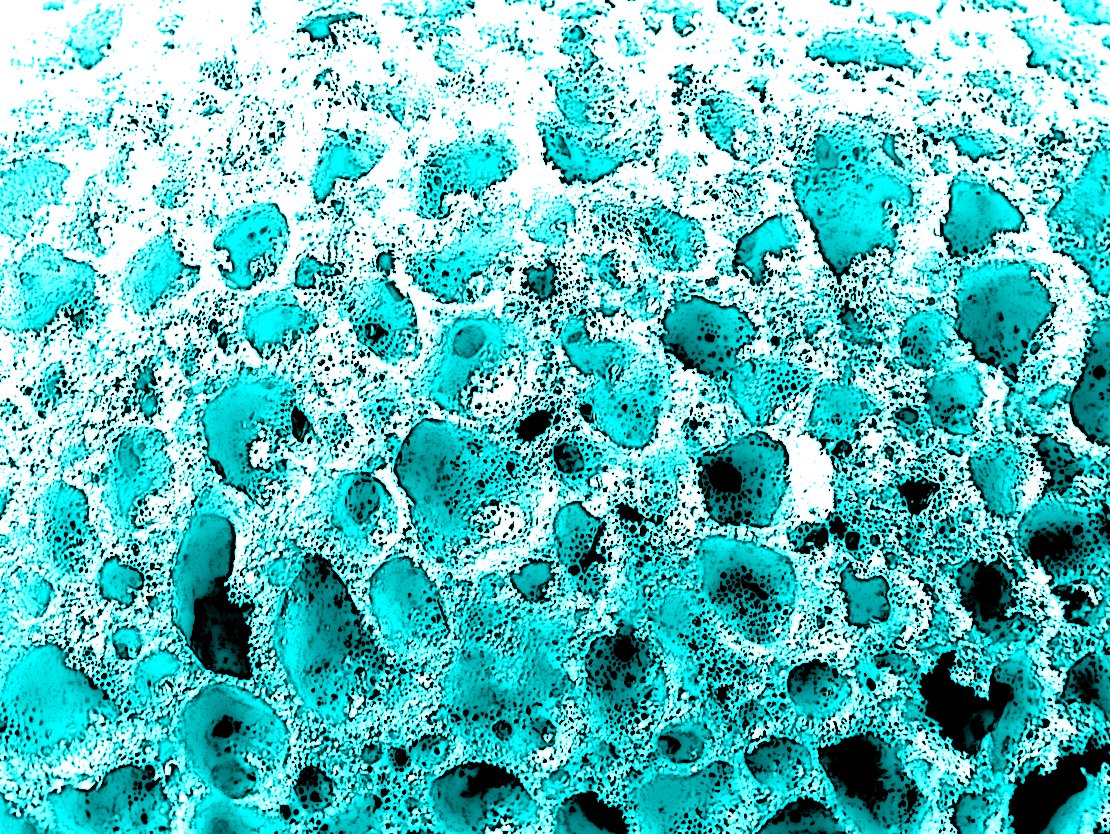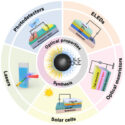Covalent organic frameworks (COFs) are porous materials with a crystalline structure. They could be useful for adsorption and separation. However, their small, uniform pores reduce the rate of diffusion and hamper practical applications.
Rahul Banerje, Indian Institute of Science Education and Research, Kolkata, India, and colleagues have developed a method to prepare hierarchically porous COFs with improved adsorption properties. The COFs were synthesized from p-toluene sulfonic acid (PTSA), different diamines, and 1,3,5‒triformylphloroglucinol. The team used baking soda (sodium bicarbonate, NaHCO3) in conjunction with excess PTSA to produce CO2 during the crystallization of the COFs. This leads to foaming and results in a disordered, sponge-like 3D structure with ordered micropores.
The resulting materials allow for fast diffusion and adsorption of guest molecules. Different pollutants can be efficiently removed from water using the materials. Bisphenol A (BPA), for example, was removed with a rate constant of 182.3 g mg−1 min−1, the highest rate reported so far.
- Inducing Disorder in Order: Hierarchically Porous Covalent Organic Framework Nanostructures for Rapid Removal of Persistent Organic Pollutants,
Suvendu Karak, Kaushik Dey, Arun Torris, Arjun Halder, Saibal Bera, Fayis Kanheerampockil, Rahul Banerjee,
J. Am. Chem. Soc. 2019.
https://doi.org/10.1021/jacs.9b02706




